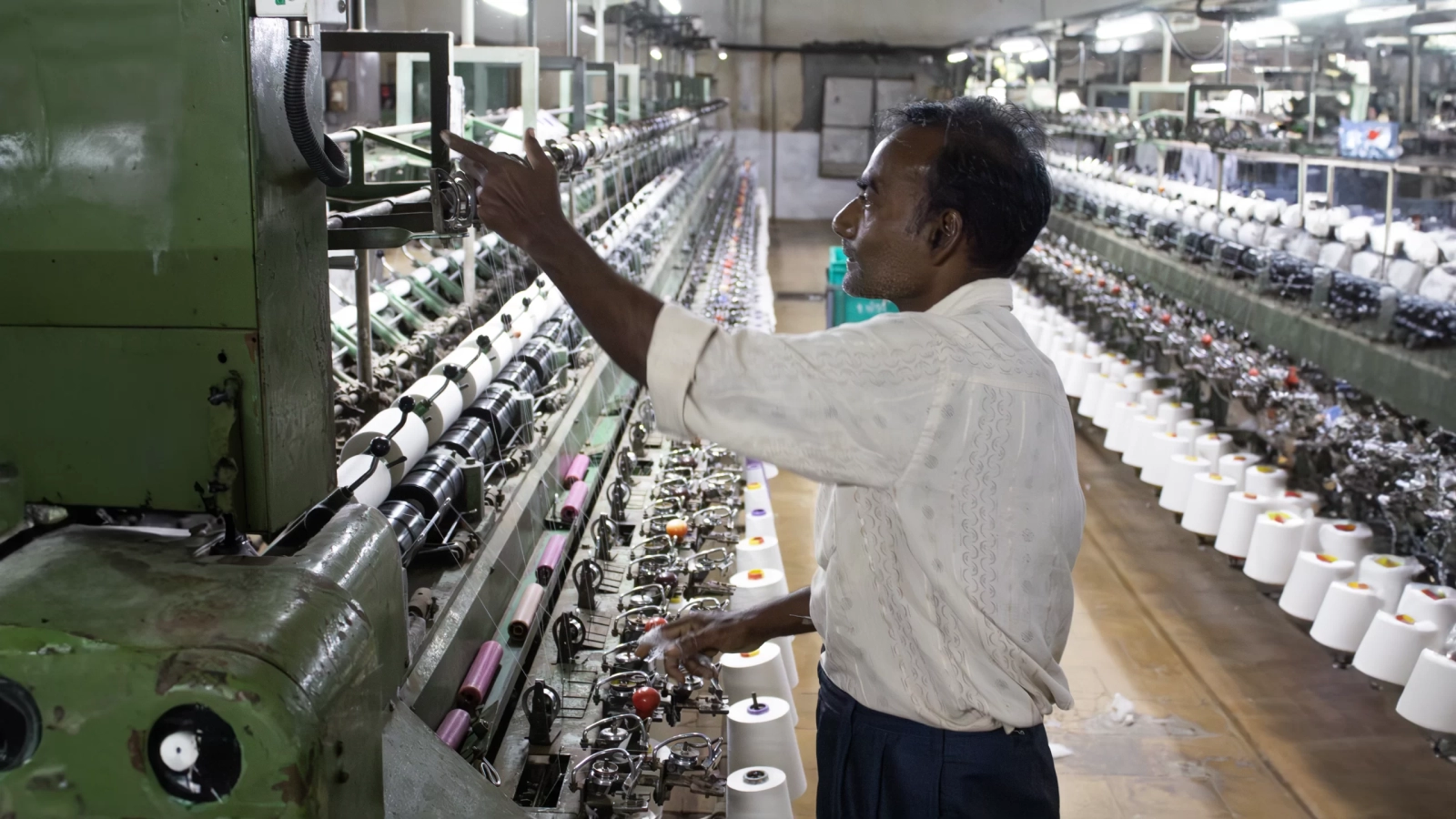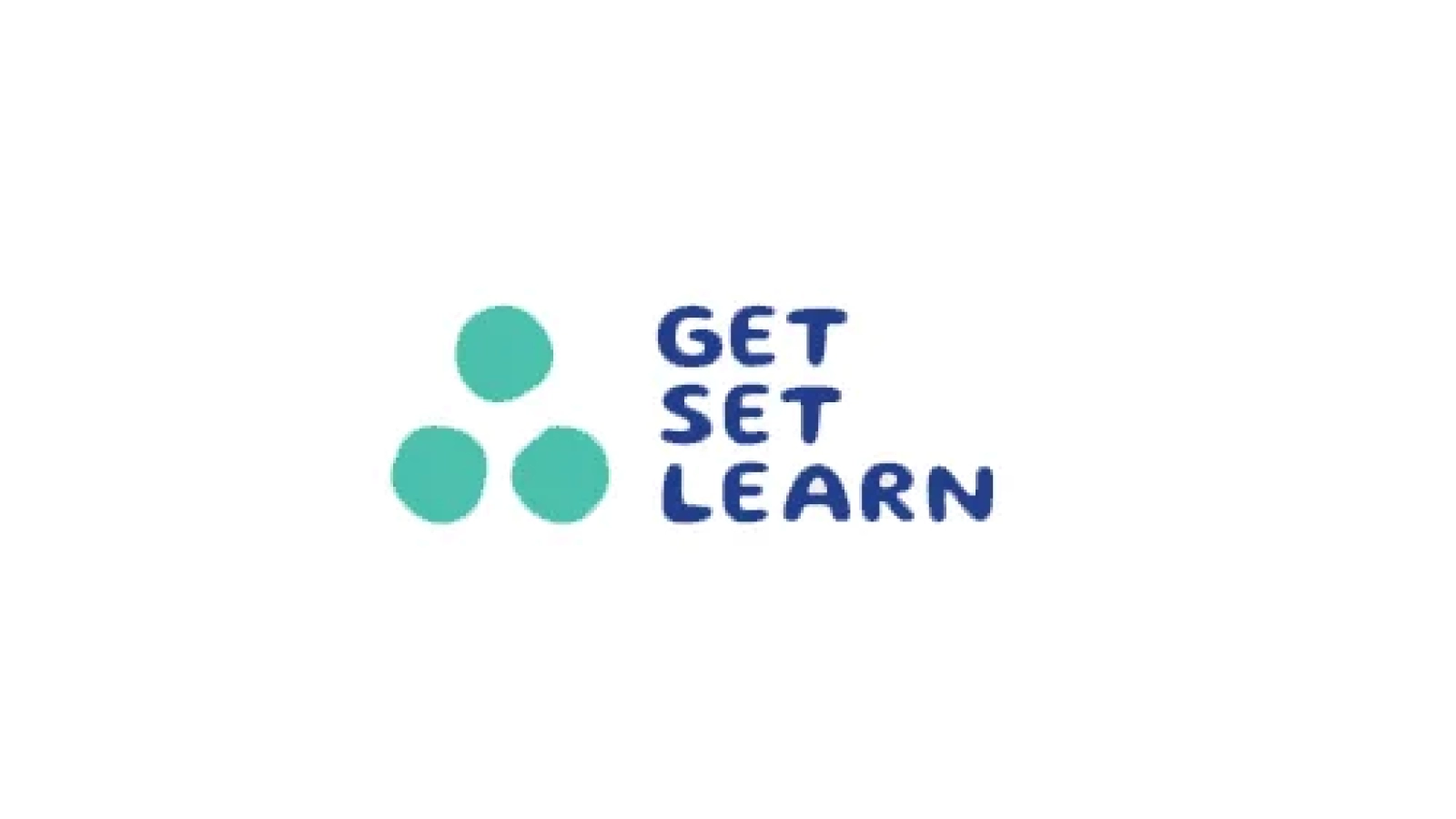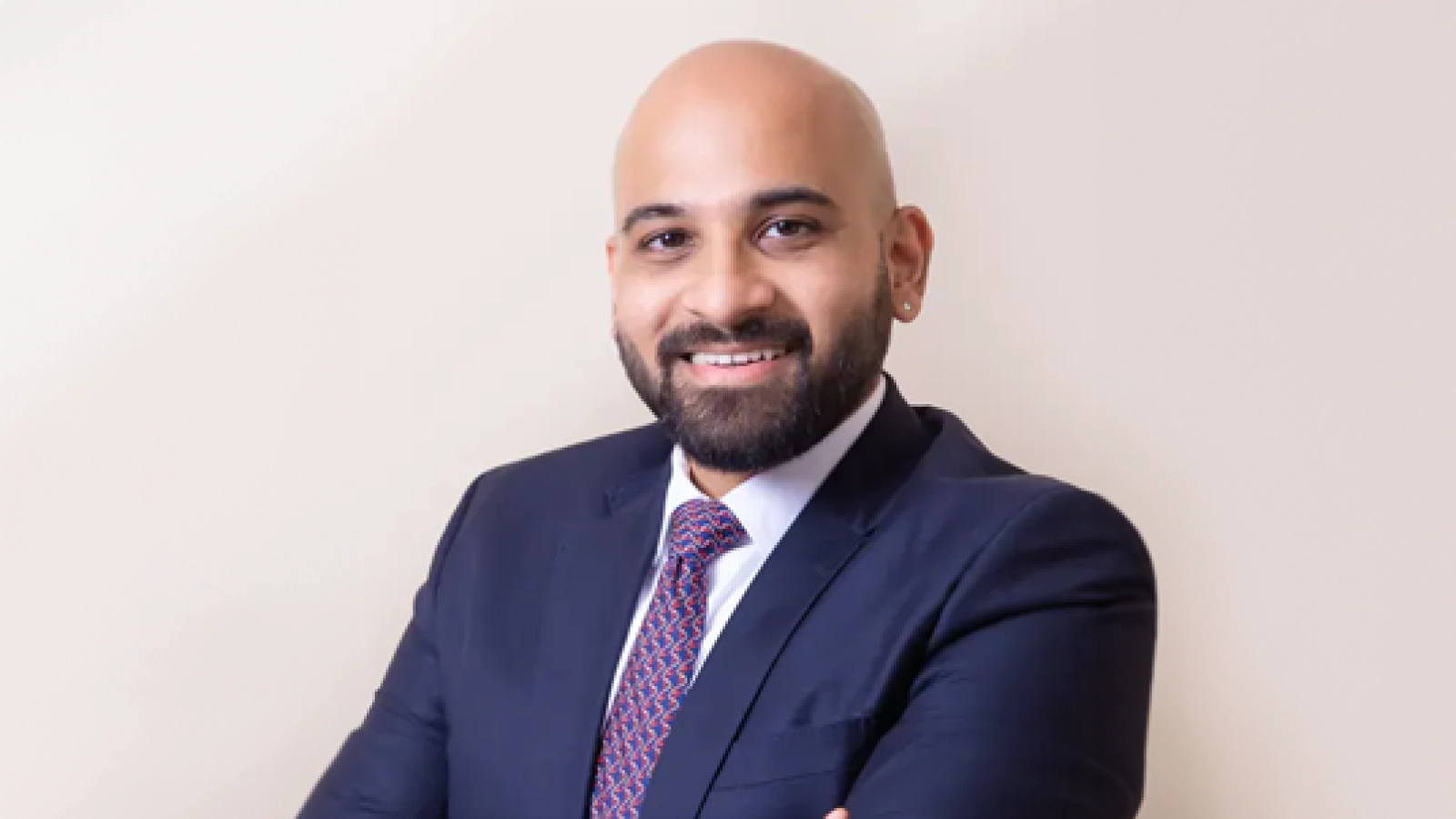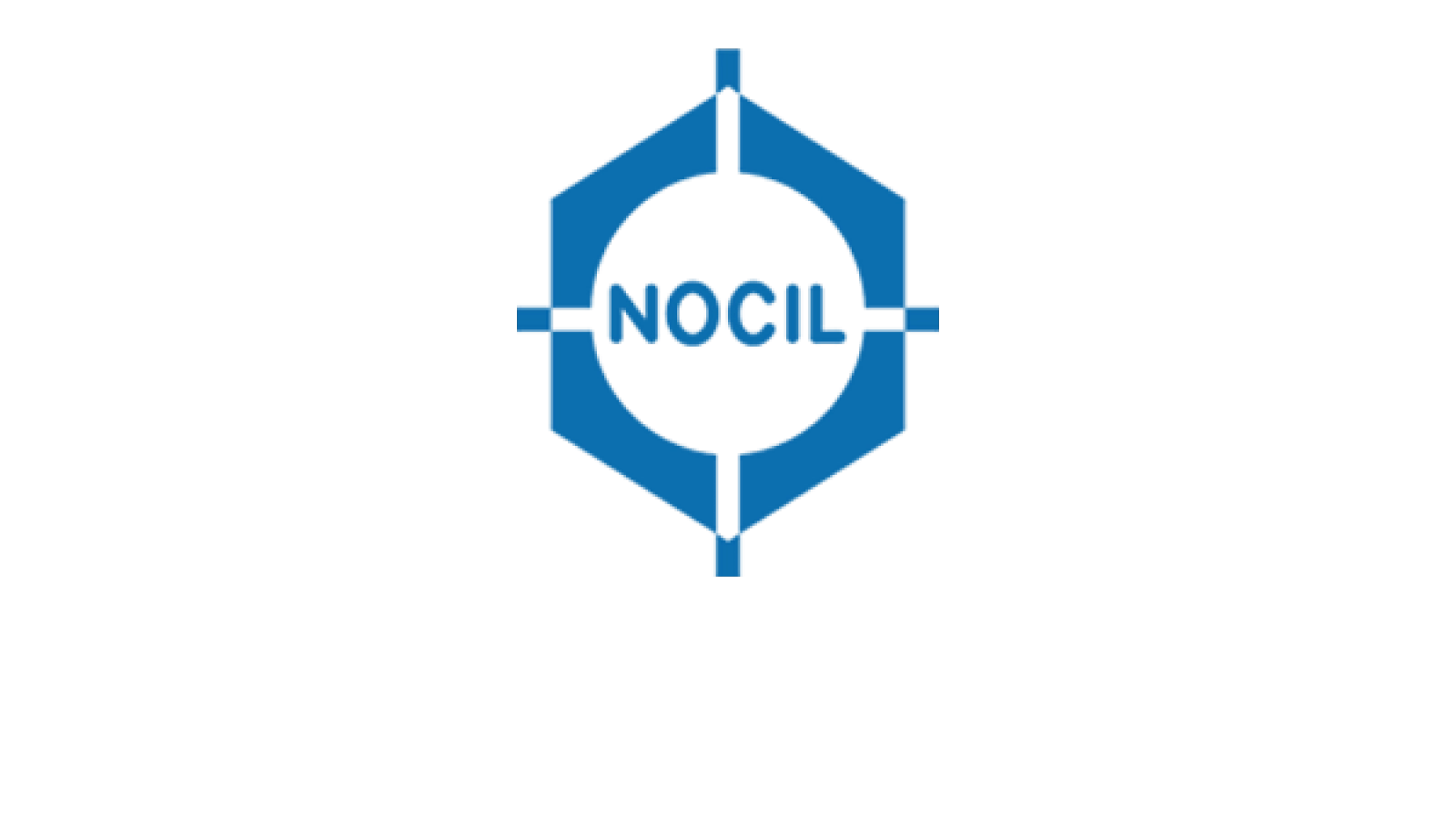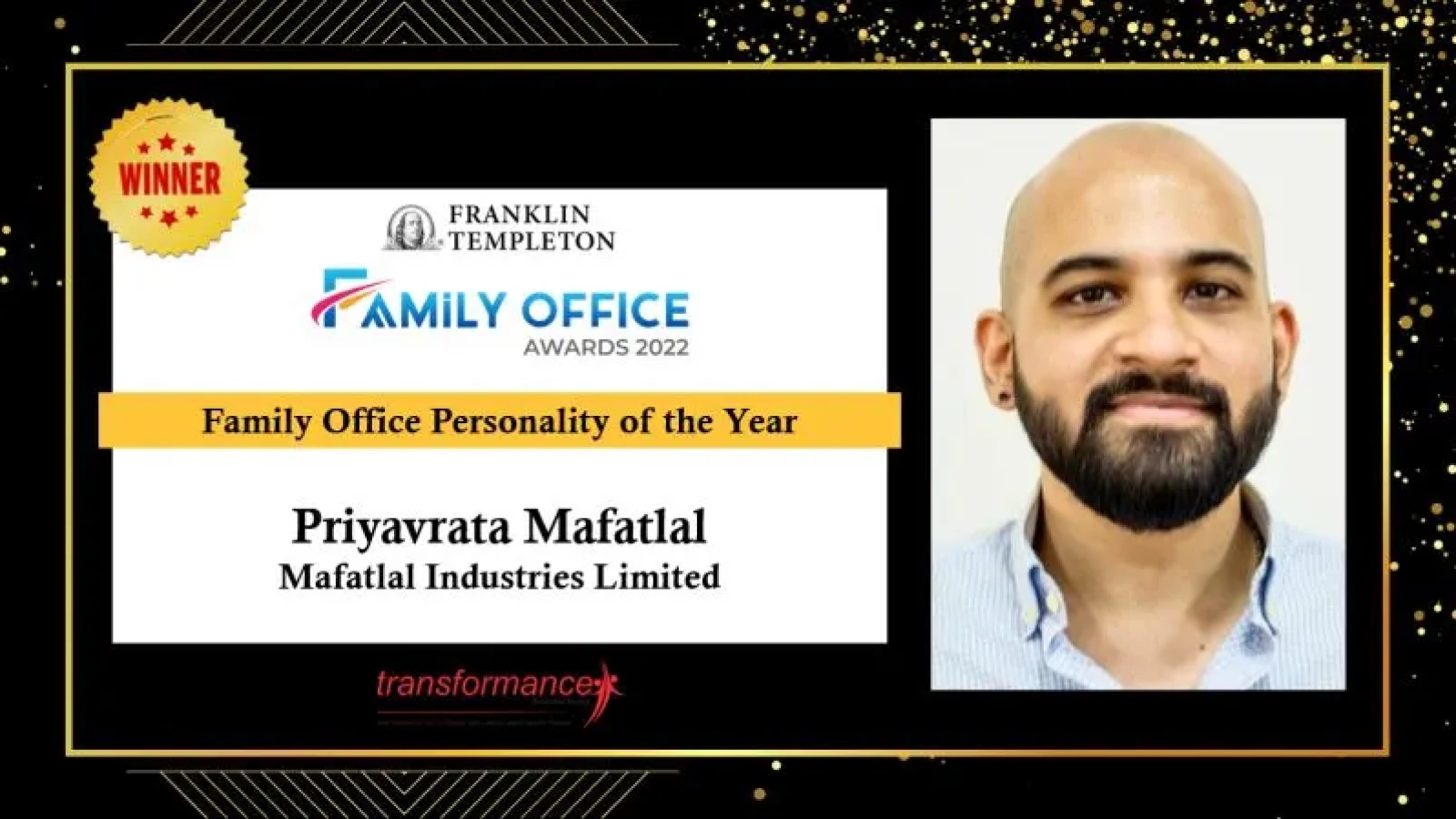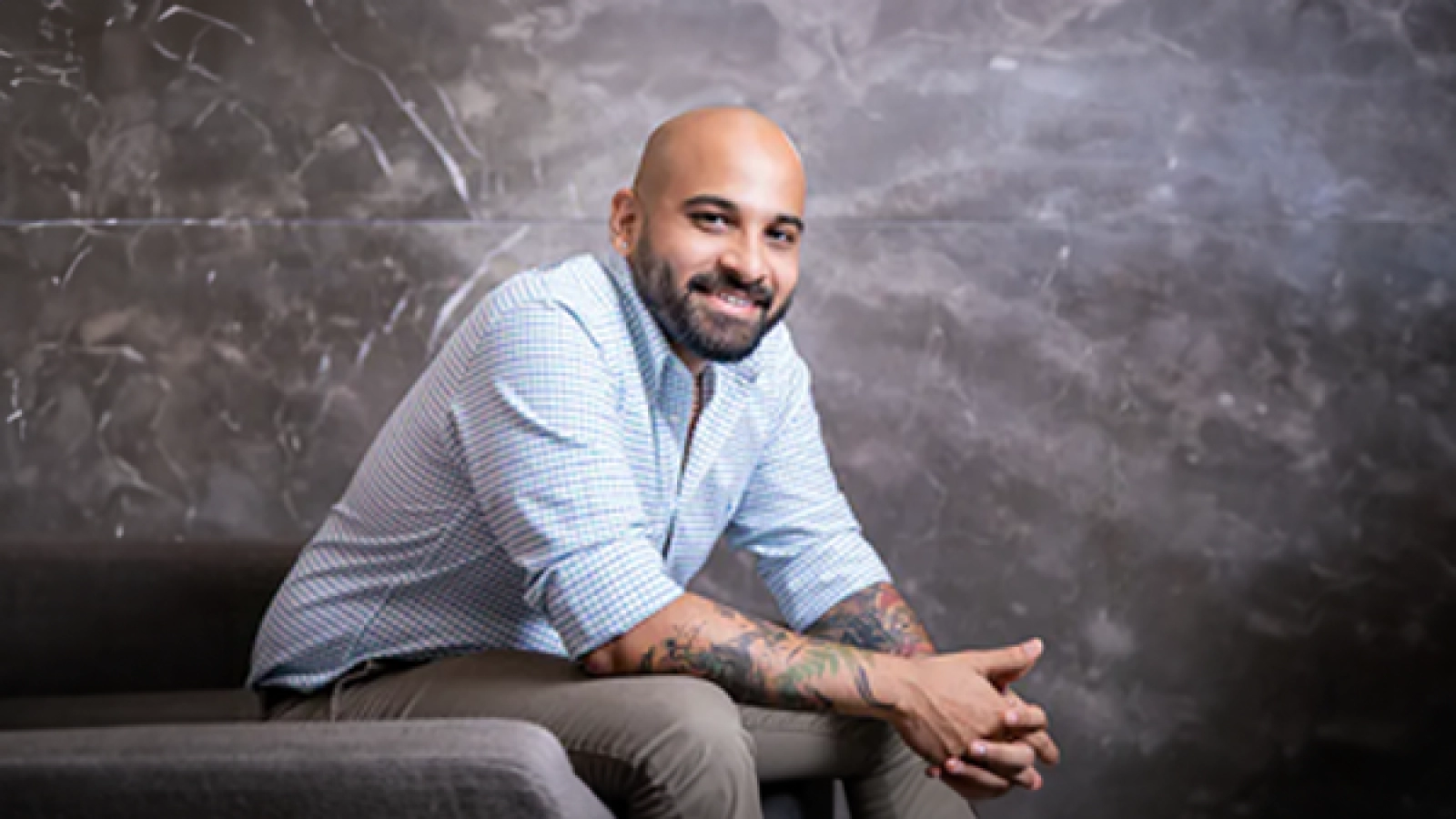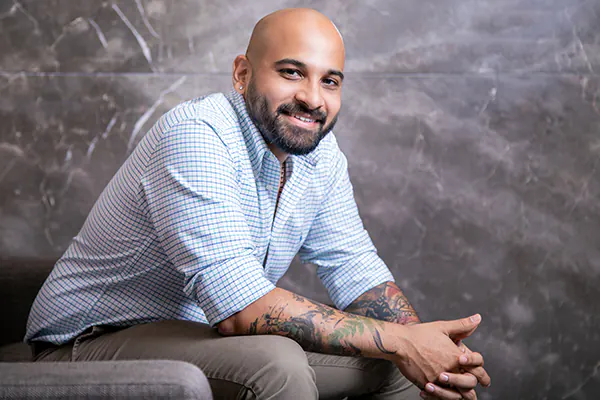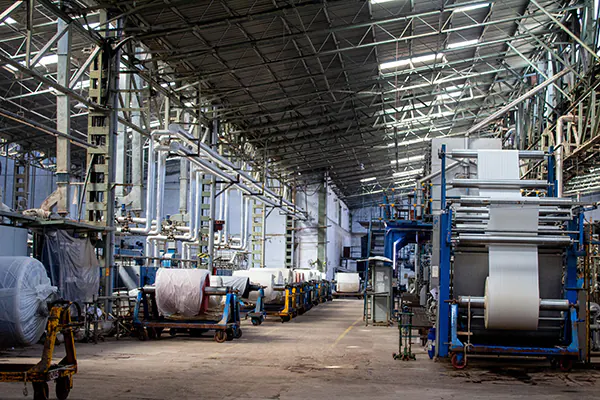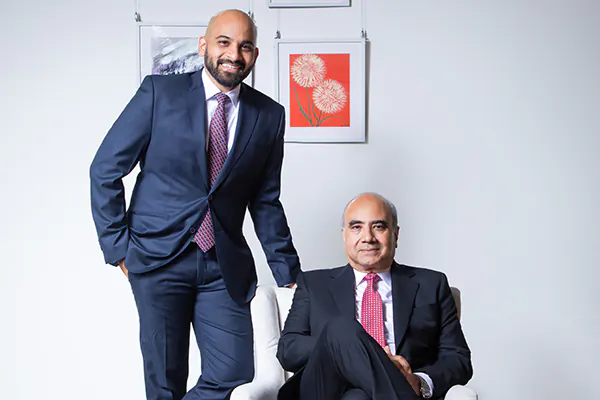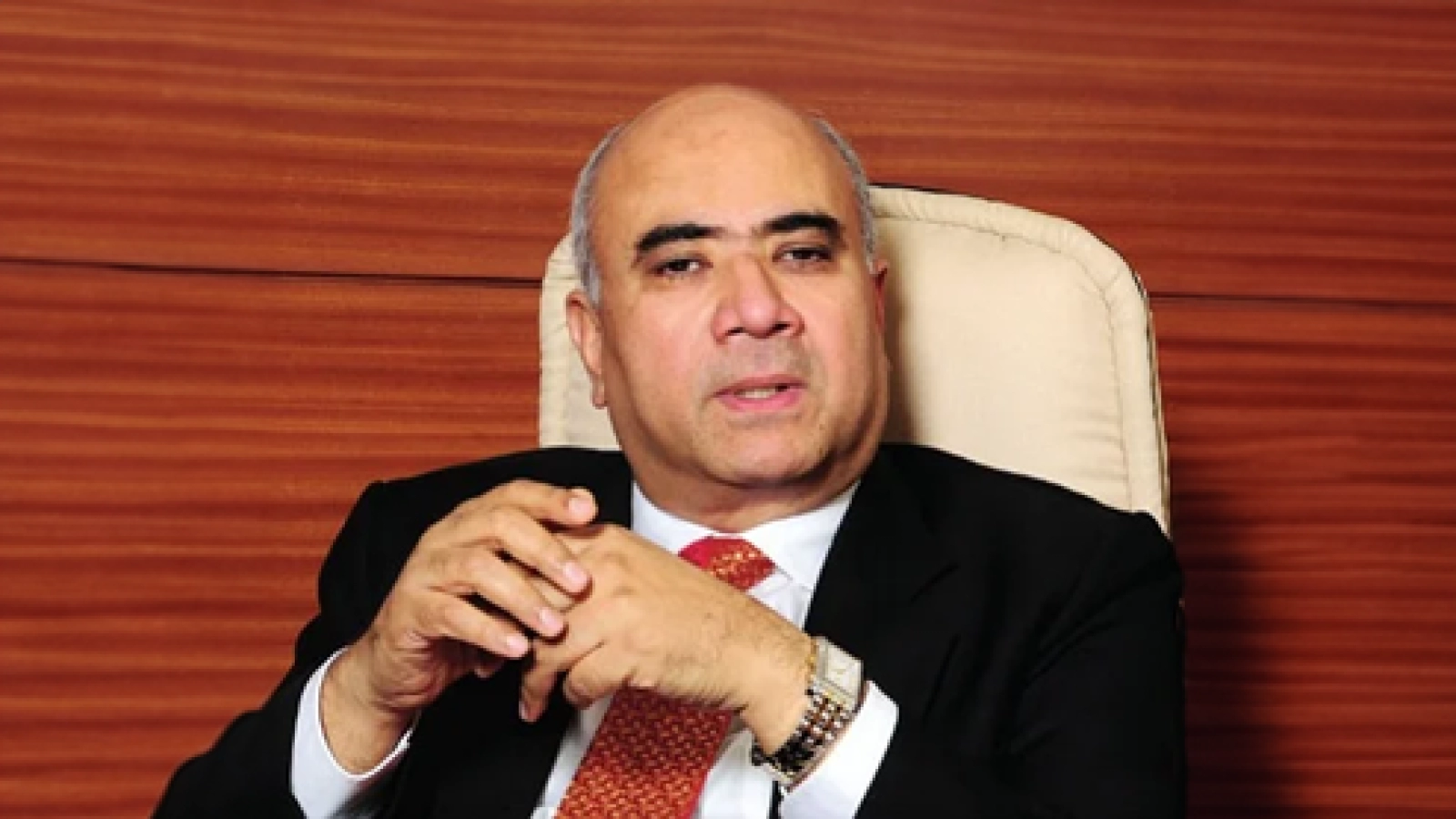From setting up the first textile mill in Ahemdabad to becoming the third-largest textile mill in the country, Mafatlal Industries has built a foundation on passion, commitment, and service. After establishing a base in Mumbai in 1919, there has been no looking back for the pioneering textile company. Divya Shetty engages in a discussion with Priyavrata Mafatlal, Managing Director, Mafatlal Industries, who discusses the transformative changes in the textile industry throughout the years and highlights the latest innovations introduced by their company.
Mafatlal Industries has been in the industry for over 118 years. How has the company’s manufacturing footprint grown over these years?
Over the decades, the Indian and global environment has significantly kept evolving and we as an organisation have needed to adapt to all these changes, which include macro and micro trends, product processes, costs, supply chains, and most recently – sustainability. Currently, we have a vast range of products that include, school, corporate, medical, and defence uniforms, men’s and women’s printed and dyed fabrics, shirting and suiting fabric, home furnishings, and health and hygiene products like sanitary pads, baby diapers, and adult diapers.
How has the textile industry changed in the last few years?
The textile industry has witnessed significant transformations in recent years and has embraced technological advancements, sustainability practices, and shifting consumer demands.
Technological advancements have revolutionised the textile industry, bringing automation and digitisation to manufacturing processes. This has improved efficiency and precision, while the integration of smart textiles, wearable technology, and digital printing has sparked innovation. E-commerce platforms and digital marketing strategies have also transformed how businesses connect with customers.
Sustainability has become a focal point in the industry, with a shift towards eco-friendly materials, recycling, and reduced water and energy consumption. Circular economy initiatives and the use of organic and recycled fibres have gained prominence, driven by consumer demand for transparency and ethical sourcing throughout the supply chain.
Changing consumer preferences have propelled customisation, personalisation, and fast fashion in the textile industry. With a growing awareness of environmental and social issues, there is an increasing demand for sustainable and ethically produced textiles. Digital platforms and social media have empowered consumers with greater access to information and choices.
Globalisation has played a significant role, with seamless international sourcing and distribution enabled by global trade agreements and logistical advancements. Emerging markets in Asia have become key players in textile production and consumption. Increased competition has led companies to differentiate through innovation, quality, and sustainability.
Despite economic uncertainties and supply chain disruptions, the industry has demonstrated resilience and adaptability. Collaboration, strategic partnerships, and investments in research and development have become essential for success. The COVID-19 pandemic has further accelerated the adoption of digital technologies, remote working, and e-commerce
Key themes
Sustainability and recycling are key themes for the future of business. The textile industry has been significantly impacted by the COVID-19 pandemic, with a contraction expected until at least 2024. India’s textile and apparel industry is facing a crisis due to reduced consumer spending and global factors.
However, the industry is adapting to new demands, such as increased demand for natural fibres and sustainable practices. Issues like responsible manufacturing, eco-friendly clothing lines, and traceability are important. Circular practices and recycling can help reduce emissions and maximize benefits. By 2030-2035, most organized sector textile manufacturers are expected to adopt sustainable models of doing business. Tamil Nadu sets an example with green energy use and zero liquid-discharge processes. Embracing such measures will advance sustainability goals in the industry.
Looking ahead, our company remains committed to embracing change, investing in innovation, and leveraging our heritage to lead the textile industry towards a sustainable and prosperous future.
Which of the product category offered by Mafatlal is in the highest demand today?
Education and Healthcare are two segments which have been on a consistent growth path over the years and they almost never seem to be affected by global sluggishness. Our products like uniforms, sanitary pads and diapers which predominantly caters to these two segments are the fastest growing product lines in our business currently.
Does Mafatlal Group have global presence? If yes, how are you planning to expand it further?
While our global sales presence is across regions like the Middle East, South and South East Asia, Europe and parts of the United States, with India’s impending growth story over the next few years, our focus is to cater to the huge demand arising from our country, first.
What kinds of challenges textile manufacturers are currently facing in India?
Raw material availability: Textile manufacturers often face challenges in sourcing quality raw materials like cotton, silk, and synthetic fibres. Fluctuations in availability, pricing, and quality can impact production and profitability.
Rising costs: The industry grapples with increasing costs of raw materials, labor, energy, and transportation. This puts pressure on profit margins and requires effective cost management strategies.
Competition from low-cost countries: Indian textile manufacturers face intense competition from countries with lower labor costs, such as Bangladesh, Vietnam, and China. This requires finding ways to enhance competitiveness through innovation, quality, and efficiency.
Infrastructure and logistics: Inadequate infrastructure, including transportation, storage, and warehousing facilities, can lead to delays, increased costs, and inefficiencies in the supply chain.
Compliance and regulations: Textile manufacturers must comply with a wide range of regulations and standards related to labour, safety, environment, and trade. Staying updated and ensuring compliance can be challenging, requiring dedicated resources and expertise.
Changing consumer demands: Rapidly evolving consumer preferences and fashion trends require manufacturers to be agile and responsive. Keeping up with market demands and offering innovative, sustainable, and customized products is essential.
Sustainability and environmental concerns: Textile manufacturers are increasingly expected to adopt sustainable practices, reduce environmental impact, and ensure ethical sourcing throughout the supply chain. Meeting these expectations requires investment in technology, processes, and certifications.
Access to finance and government support: Acquiring adequate financing at competitive rates can be challenging for textile manufacturers. Government support in the form of incentives, subsidies, and favourable policies is crucial for industry growth and development.
By addressing these challenges through strategic planning, innovation, collaboration, and continuous improvement, Indian textile manufacturers can navigate the evolving landscape and seize opportunities for sustainable growth.
Is the company involved in any environment friendly practise? Cite with some examples.
It’s a known fact that the textile industry is one of the most water consuming industries, so over the years, we have worked extensively to reduce our water usage significantly. We have also adopted usage of bio- fuel and white coal to reduce our usage and dependency of coal.
Which is new the area of opportunities Mafatlal Group is focusing at present?
Apart from the various other product lines, our current focus areas are around the space of healthcare and education led technology for digital classrooms.
Innovation and product development are key for success in hosiery. How does Mafatlal Group take care of these two aspects?
Innovation and product development are at the core of our business strategy in the hosiery industry. We understand the importance of staying ahead of market trends and meeting evolving consumer demands. To ensure continuous innovation and product development, we have implemented the following strategies:
Research and development: We invest in dedicated research and development efforts to explore new materials, technologies, and designs. This allows us to create innovative and high-quality hosiery products that cater to the changing needs and preferences of our customers.
Collaboration and partnerships: We actively collaborate with industry experts, fashion designers, and suppliers to leverage their expertise and insights. By fostering partnerships, we gain access to new ideas, trends, and technologies, enabling us to develop unique and cutting-edge hosiery products.
Consumer insights: We conduct market research and engage in direct interactions with consumers to understand their preferences, lifestyles, and aspirations. This helps us identify gaps in the market and develop hosiery products that resonate with our target audience.
Continuous Improvement: We have established a culture of continuous improvement within our organization. Our teams are encouraged to think creatively, explore new possibilities, and find innovative solutions to challenges. This ensures that we are consistently enhancing our product offerings and staying ahead of the competition.
Quality assurance: We prioritise quality in all aspects of our hosiery manufacturing process. Our stringent quality control measures ensure that every product meets the highest standards of durability, comfort, and style. We constantly evaluate and refine our production techniques to deliver superior hosiery products to our customers.
At Mafatlal Group, we believe that innovation and product development are instrumental in driving our success in the hosiery industry. By embracing a culture of innovation, collaborating with industry partners, understanding consumer preferences, focusing on continuous improvement, and maintaining stringent quality standards, we strive to offer exceptional hosiery products that exceed customer expectations and position us as a leader in the market.
What are your long- and short-term growth plans?
Mafatlal Industries has predominantly always been a B2B organisation. So the focus in the near future will continue to be a consolidation in areas we enjoy a leadership position in. We are always on the lookout for areas to expand into that will be synergistic to the product lines we already have. Over the last 2 or 3 decades, we have built an asset-light model so that we are not dependent only on own manufacturing but have built partner facilities, which have allowed us to expand, and grow fairly rapidly. There is also a technology division housed under Mafatlal Industries where we are system integrators and work closely with state governments, assisting them in converting their classrooms to smart classrooms.
What is the present production capacity of the company, and how do you aim to expand it over the next five years?
Despite the challenges our industry expects to face, we are optimistic of our growth plans in the short to medium term and we will look to increase our current capacity and capabilities by 2 to 3 times in the next 5 years.

